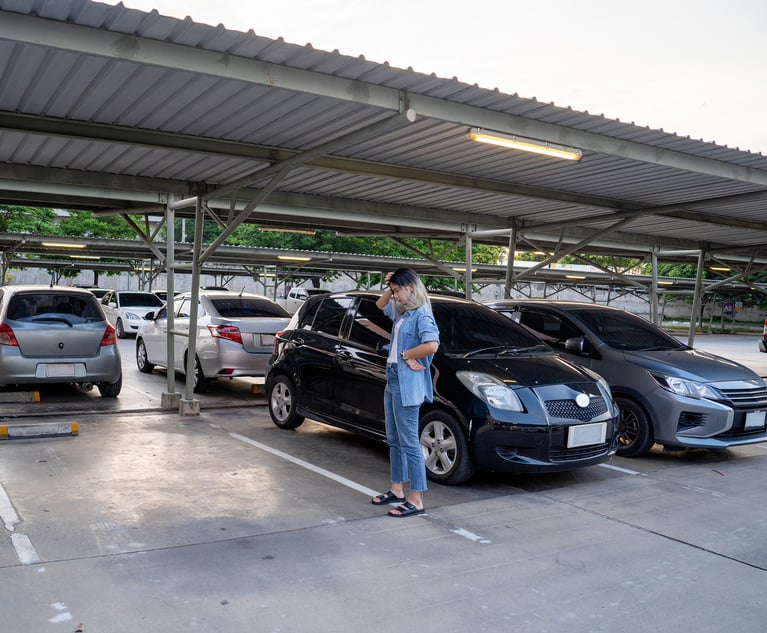WASHINGTON--Legislation to clarify the rules concerning Medicaresystem rights for recovering monies paid for claims that shouldhave been covered by workers' compensation was introduced in theHouse today.
|Under the Medicare Secondary Payer Act, the Medicare program hassignificant powers when it seeks to recover money for injuries thatthe government feels should have been covered by workers'compensation, including the so-called "super lien" which can beused to recover payments from the employer, the insurer, and theattorneys involved, among others.
|But, "There are a number of costly problems and delays inenforcing the MSP for workers' comp settlements," said Bruce C.Wood, assistant general counsel for the American InsuranceAssociation, which supports the new measure.
|"This is a pervasive, national workers' compensation claimsproblem, and AIA has been working with a coalition of employers,defendant and claimant attorneys and other insurers to address thesituation for several years," Mr. Wood said.
|The Medicare Secondary Payer Act requires that the primary payerof a workers' compensation claim "reasonably consider" Medicare'sinterests when settling a claim, making it a virtual necessity toreceive approval of a set-aside.
|"When settling a workers' comp claim, most employers and workersdo not want to take the risk that Medicare will assert its 'superlien' long after the settlement has closed," said Melissa Shelk,vice president of federal affairs for the AIA. "Nor do attorneyswish to be exposed to malpractice liability, perhaps years afterthe settlement."
|Additionally, Ms. Shelk noted that the options for an insurer orother party facing a "super lien" are few.
|"There is no effective recourse," she said. "There is no avenueto compel a timely decision or appeal a bad one."
|The legislation, introduced by Reps. Clay Shaw, R-Fla., and JohnTanner, D-Tenn., and known as the "Medicare Secondary Payer andWorkers' Compensation Settlement Act of 2006," would clarify theprocess by implementing standards for what Medicare can claim andhow such a claim should be addressed.
|The secondary payer situation has been a concern for EricOxfeld, executive director of the Unemployment and Workers'Compensation Association,
|In the past he has noted that Medicare approval has been "tyingthe comp system in knots. They take forever to look over a claimand Medicare regions are inconsistent in their rulings.
|The agency's concern is that if the comp settlement does not setaside a sufficient amount for medical care, the claimant mighteventually file a claim with Medicare for treatment of a workplaceinjury that should be covered by workers' comp.
|According to Mr. Oxfeld, comp settlements have been held up foras long as a year, and in many cases the parties to the settlementhave to pay for consultants and advisors to provide assurances thatMedicare's interests are protected.
|If the settlement fails to meet Medicare standards, workers canlose benefits, attorneys can be sued for malpractice andeveryone--workers, employers and insurers--are at risk of having topay Medicare double, according to Mr. Oxfeld.
Want to continue reading?
Become a Free PropertyCasualty360 Digital Reader
Your access to unlimited PropertyCasualty360 content isn’t changing.
Once you are an ALM digital member, you’ll receive:
- All PropertyCasualty360.com news coverage, best practices, and in-depth analysis.
- Educational webcasts, resources from industry leaders, and informative newsletters.
- Other award-winning websites including BenefitsPRO.com and ThinkAdvisor.com.
Already have an account? Sign In
© 2024 ALM Global, LLC, All Rights Reserved. Request academic re-use from www.copyright.com. All other uses, submit a request to [email protected]. For more information visit Asset & Logo Licensing.








